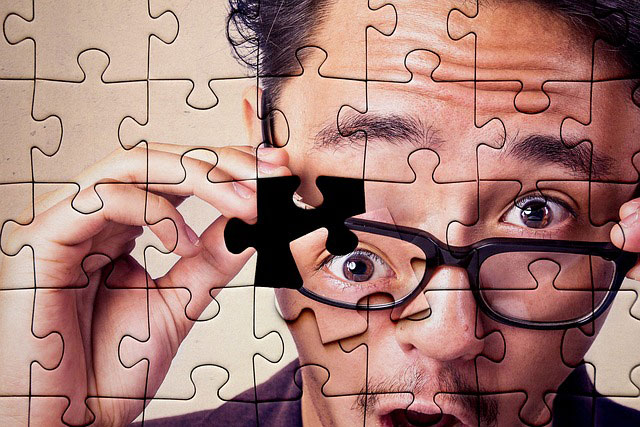Jigsaw puzzle playing may be rewarding and challenging and they require patience, focus, and problem-solving abilities. However, there are several reasons why people could get stuck or run into issues when attempting a jigsaw puzzle. Here are ten typical reasons that can slow down progress:
- Puzzle complexity
Some jigsaw puzzles for adults can be exceedingly difficult, with elaborate designs, repeating color schemes, or repetitive pieces. It’s simple to become confused and difficult to identify distinct components or find starting places when confronted with a complex puzzle.
- Lack of sorting
The first stage in completing a jigsaw puzzle is to arrange the pieces according to color, pattern, or edge pieces. Determining where a specific piece might belong within the puzzle’s broader framework is difficult if the parts are not organized appropriately.
- Pieces with similar shapes
These are frequently seen in jigsaw puzzles, making it difficult to tell which pieces go together. This problem can confuse people and result in improper placements, making solving puzzles more challenging.
- Missing or extra pieces
Finding that a puzzle is missing a component or has an extra piece can be upsetting. The logical flow of solving the puzzle is disrupted by this mismatch since there may be gaps or extra parts that cannot be accommodated.
- Absence of reference image
Occasionally, jigsaw puzzles for adults don’t include a reference image of the finished product. It is more challenging to envision the finished product and decide on the proper element placement without visual guidance.
- Insufficient lighting
Dim lighting might make seeing the small details on puzzle pieces difficult. Errors in assembly may occur because it is difficult to distinguish between colors and patterns in the presence of shadows and low vision.
- Limited space
To complete a jigsaw puzzle, you need space to spread and arrange the pieces efficiently. Moving the components in a small or congested workplace might be frustrating and challenging, which slows down the process.
- Lack of time
Completing a jigsaw puzzle takes time and focus. Time-constrained individuals may find it difficult to devote the required focus and perseverance to finish the task, increasing their likelihood of getting stuck.
- Mental exhaustion
Solving puzzles can be intellectually taxing, especially when dealing with larger or more complex designs. After prolonged focus, mental weariness may set in, impairing your abilities and making it more difficult to advance.
- Perfectionism
Some people may be predisposed to perfection and feel forced to locate the precise component that fits perfectly. This way of thinking can cause you to spend too much time on one particular task, slowing down your total progress and possibly frustrating you.
Final thoughts
In conclusion, various circumstances can cause players of jigsaw puzzles for adults to become stuck. Challenges can include complex designs, sloppy organization, similar item forms, missing or duplicate pieces, a lack of reference photos, poor lighting, a lack of available space, time restraints, mental tiredness, and perfectionism. Puzzle fanatics can develop techniques to overcome these potential barriers by being aware of them and improving their puzzle-solving experience.

0 Comments